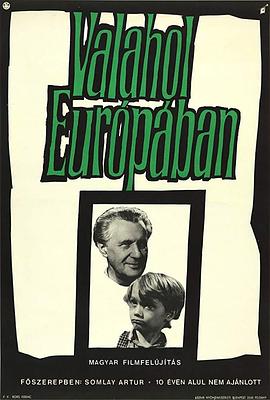
简介:Somewhere in the remote region, the war ends. In the mid 详细 >
郭德纲,于谦,岳云鹏,郭麒麟,侯震,张鹤伦,阎鹤祥,孙越,朱云峰,张云雷,张鹤帆,王耀宗,杨九郎,郎鹤炎,黎心韵,林琳奇,黄健翔,孟非,刘刚,刘威,肖剑,姜超,潘长江
真田广之,岩下志麻,叶月里绪奈,佐野史郎,片冈鹤太郎,弗兰克堺,永泽俊矢,余贵美子,六平直政,土屋久美子,坂東八十助,中村富十郎,竹中直人
巫晨熙,张毅,石亦凡,潘婧之,高姝瑶,花昆
西拉差·坚他文,柏华力·莫高彼斯彻
王成,张倩,田立,李明,冯鸿康,赵小宁
渡边真起子,三浦友和,高橋隆大,梶原阿貴,石井育代,石井棒,石井椋